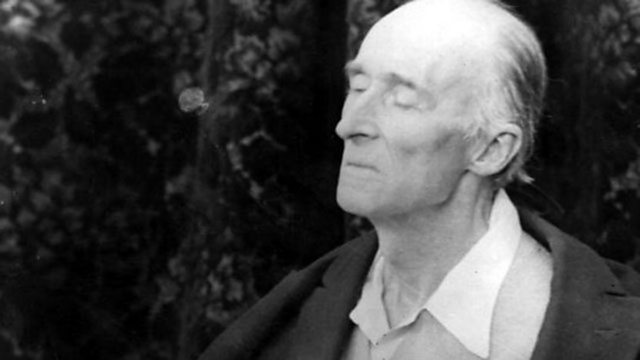Frederick Delius (1862–1934) was a British composer renowned for his unique blend of Impressionism and Romanticism. His music is often characterized by its lush orchestrations, lyrical melodies, and rich harmonic textures, evoking nature, mood, and deep emotional undercurrents. Delius’s work, while somewhat overlooked in his time, has come to be appreciated as visionary and deeply atmospheric. Below, we explore five of his best compositions, showcasing his masterful ability to blend melody, harmony, and mood.
1. A Village Romeo and Juliet (1901)
One of Delius’s most enduring works, A Village Romeo and Juliet is a pastoral opera based on a Swiss novella by Gottfried Keller. The opera tells the story of two young lovers, Sali and Vreli, whose families’ feuds mirror the tragedy of Shakespeare’s Romeo and Juliet. Delius enriches the tale with sweeping orchestration and evocative nature imagery, creating an atmosphere of both bucolic beauty and tragic foreboding.
The standout orchestral interlude, The Walk to the Paradise Garden, is one of Delius’s most famous pieces. The interlude perfectly captures the bittersweet and serene atmosphere of the lovers’ journey, blending delicate string melodies with lush harmonies that convey both passion and a sense of impending doom.
2. Brigg Fair: An English Rhapsody (1907)
Inspired by an English folk tune, Brigg Fair is an orchestral rhapsody that demonstrates Delius’s love for the English countryside and his ability to weave folk elements into expansive symphonic works. Premiered in 1908, the piece takes a simple folk melody and transforms it into a rich tapestry of orchestral colors.
The work is divided into several sections, all of which maintain a sense of natural progression, mirroring the ebb and flow of the English landscape. Delius’s use of counterpoint and orchestration creates a lush, pastoral atmosphere, making Brigg Fair one of his most accessible and beloved compositions.
3. On Hearing the First Cuckoo in Spring (1912)
Part of Two Pieces for Small Orchestra, this piece is perhaps the most iconic of Delius’s shorter works. On Hearing the First Cuckoo in Spring paints a serene and reflective picture of the arrival of spring, marked by the call of a cuckoo bird. Delius masterfully mimics the bird’s call through his woodwind section, particularly the clarinet, while layering soft strings and gentle harmonies.
The piece conveys a profound sense of nature’s quiet beauty, a recurring theme in Delius’s work. It is often described as a tone poem, where the delicate interplay of melody and harmony evoke the peaceful renewal of life in spring.
4. Sea Drift (1904)
Sea Drift is one of Delius’s most dramatic and emotional compositions, a large-scale work for baritone, choir, and orchestra. Based on a poem by Walt Whitman, it explores themes of love, loss, and longing through the imagery of the sea. The text tells the story of a young man who watches a pair of seagulls nest and fall in love, only to see the female bird disappear, leaving the male bird lost and calling out in vain.
Delius’s setting of Whitman’s poetry is filled with yearning and melancholy, amplified by his rich orchestral textures. The orchestration, combined with the baritone’s haunting lines, creates an overwhelming sense of emotional depth, making Sea Drift one of his most powerful works.
5. Florida Suite (1887)
Composed during his time in the United States, Florida Suite is a vibrant and evocative orchestral work that reflects Delius’s experiences living in Florida. While managing an orange plantation, he absorbed the rhythms, sounds, and atmospheres of the southern landscape, and this suite captures the natural beauty of the region with a youthful exuberance.
The suite consists of four movements—Daybreak, By the River, Sunset, and At Night—each capturing different times of the day and the evolving moods of the natural surroundings. The music’s rich textures and vibrant melodies showcase a youthful Delius, yet to develop his mature style, but already displaying an extraordinary talent for painting musical landscapes.
Conclusion
Frederick Delius’s works are among the most atmospheric and emotionally rich in the late-Romantic repertoire. His compositions offer listeners a deeply evocative experience, drawing on the natural world, personal emotions, and the spiritual connection between people and the landscape. These five works—A Village Romeo and Juliet, Brigg Fair, On Hearing the First Cuckoo in Spring, Sea Drift, and Florida Suite—represent the pinnacle of Delius’s ability to marry melody with mood, crafting pieces that are both deeply personal and universally resonant. Whether through opera, orchestral rhapsody, or vocal works, Delius’s music continues to enchant with its beauty and emotional depth.


Comments are closed